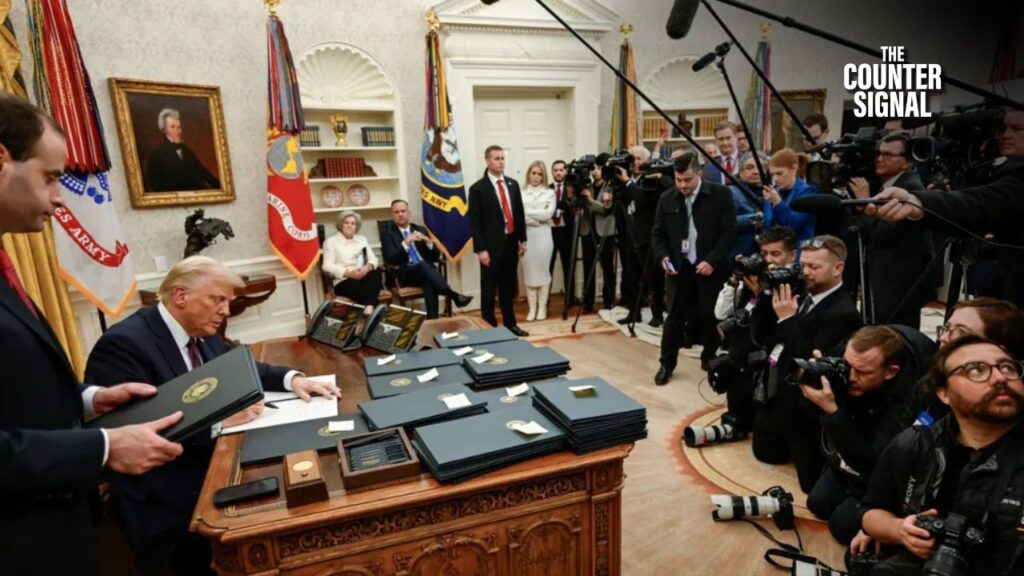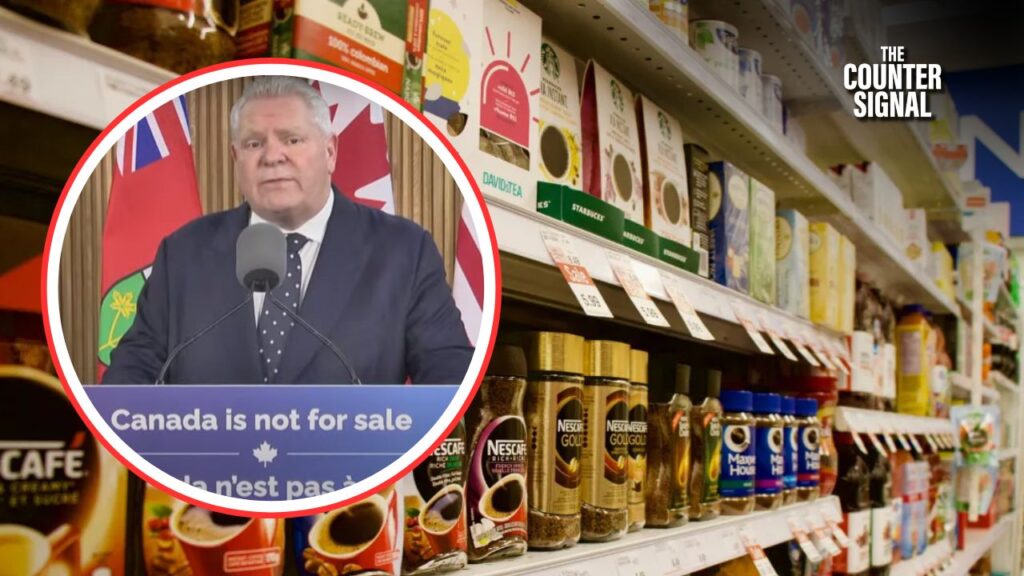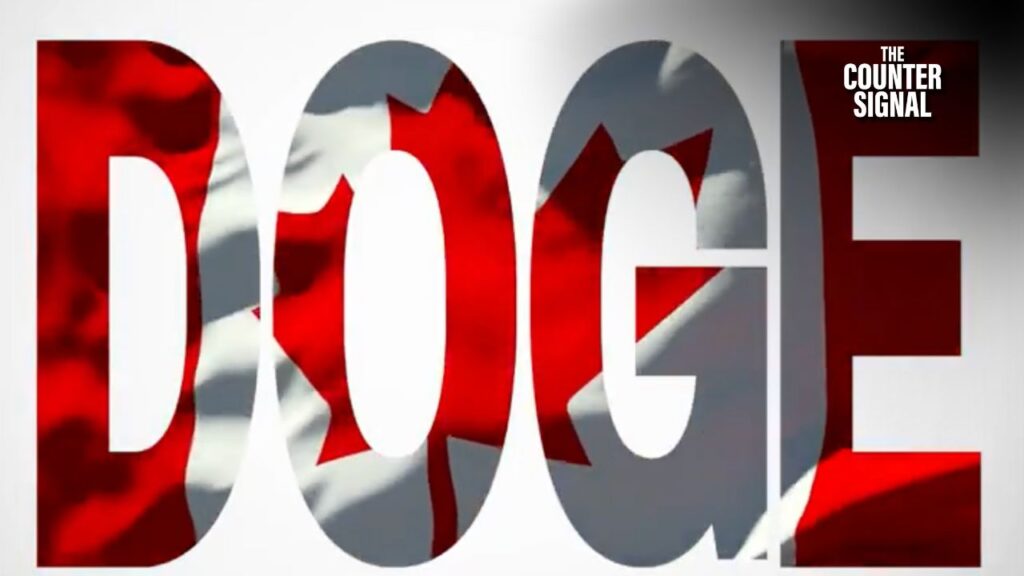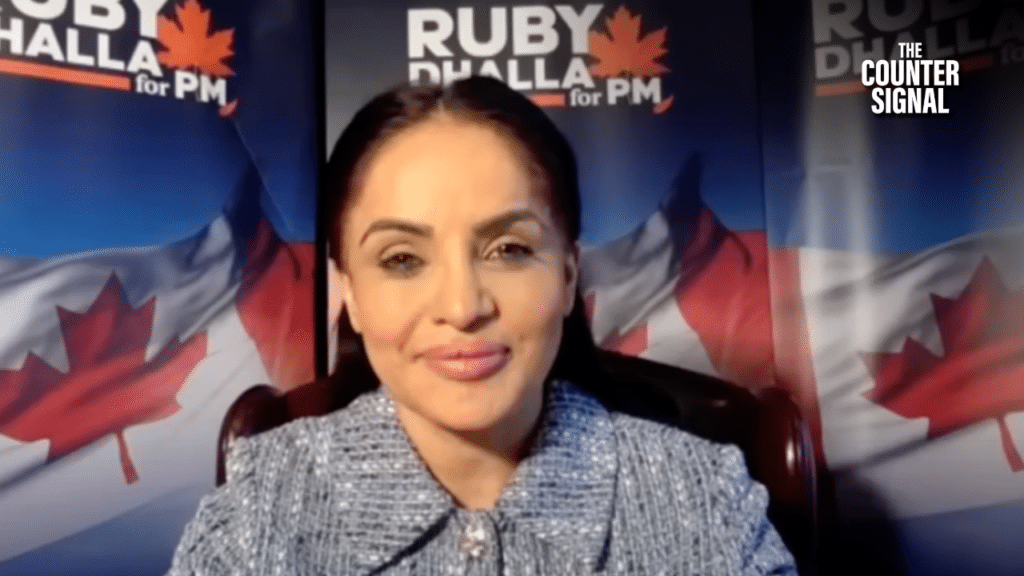While Canadians struggle to pay their bills and feed their families due to out-of-control inflation, Trudeau announced in Rwanda that he would spend $250 million in taxpayer money to address global food security, primarily in African countries.
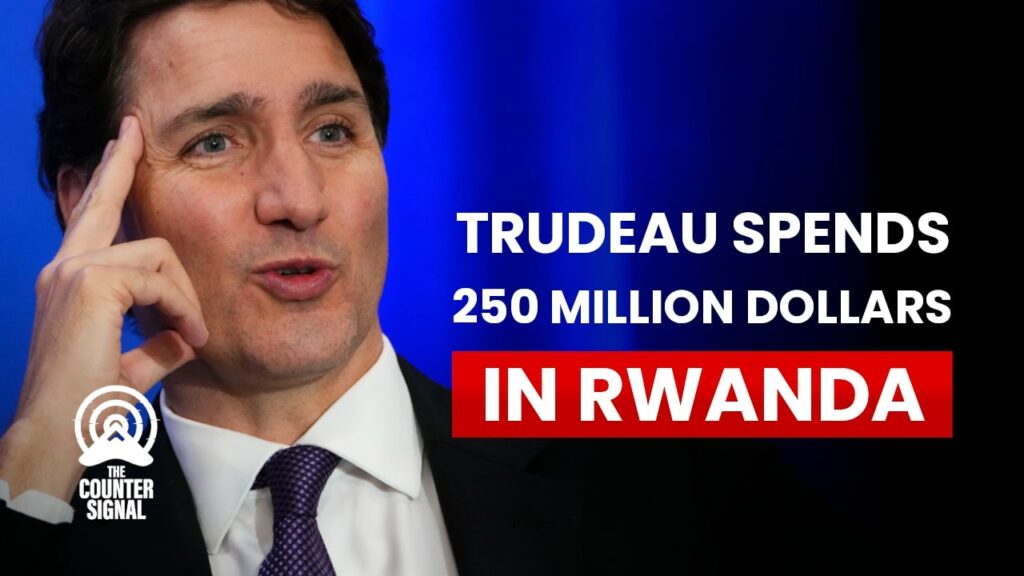
“While participating at the Commonwealth Heads of Government Meeting in Kigali, Rwanda, Prime Minister Trudeau today announced $250 million to help address the global food security crisis. This funding will address the increasing global food and nutrition needs — especially for the most vulnerable and with a focus in Sub-Saharan Africa,” a news release from the Prime Minister’s Office reads.
As per the news release, this isn’t the end of Trudeau’s spending abroad to address global food security rather than Canada’s food security. This quarter of a billion dollars is on top of $514.5 million spent earlier this year on “urgent humanitarian food and nutrition assistance.”
Meanwhile, back in the country he’s supposed to be running, 1-in-5 Canadians say they’ll likely have to rely on food banks this year to feed their families.
According to a Statistics Canada report, “As a result of rising prices, 20% of Canadians reported that their households are very (7%) or somewhat (13%) likely to obtain food or meals from community organizations, such as food banks, community centres, faith-based organizations, school programs or community gardens, over the next six months.”
Additionally, nearly three-in-four Canadians say that rising prices affect their ability to pay daily expenses such as transportation, housing, food, and clothing.
The report also shows that economic food worries are felt mainly by younger individuals and those living in urban areas. Further, it says Canadians are digging into whatever savings they have and borrowing money from friends and family.
Moreover, the rising costs of everything are causing people to adapt their lifestyles so they can pay rent and put food on their plates.
As previously reported by The Counter Signal, Canadians paid nearly 10 per cent more (9.7 per cent) for groceries in April 2022 compared with April 2021. This price increase exceeded the 5 per cent inflation rate for the fifth month in a row and was the “highest increase since September 1981.”
Trudeau, of course, knows about projected food shortages and rising living costs, having outright acknowledged them.
Indeed, when asked what average Canadians can do in the face of overwhelming inflation earlier this year, Trudeau said, “We’ve seen from the global pandemic to the war in Ukraine significant disruptions of supply chains around the world, which is resulting in higher prices for consumers and democracies like ours, and resulting in significant shortages and projected shortages of food and energy in places around the world.”
"This is going to be a difficult time": Prime Minister Trudeau warns of food shortages and rising energy costs as his gov't is set to increase the carbon tax on April 1.
— Rebel News (@RebelNewsOnline) March 29, 2022
Support ethical oil: https://t.co/EXntlRbl21 pic.twitter.com/3EBhs8TrmK
This needs to be addressed, but Trudeau isn’t interested in being held accountable for inflation or helping Canadians. He’d clearly much rather drop hundreds of millions of dollars supporting foreign countries as Canadians’ struggles intensify.


